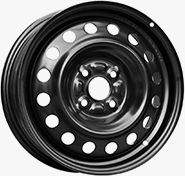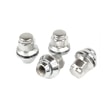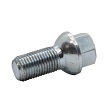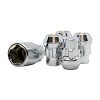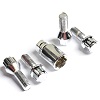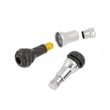Steering wheel, calm down, don't shake!
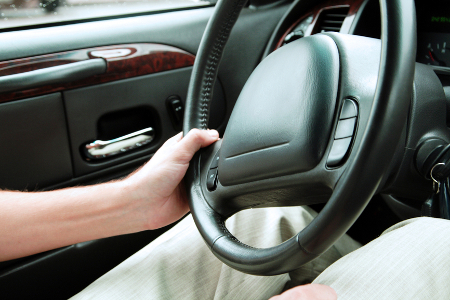
When dealing with steering wheel vibration, we can't remain indifferent. It's not a problem like a dirty CD player, which only affects driving comfort. Ignoring steering wheel vibrations shows a lack of concern not only for the condition of your vehicle, but also for your own health and that of your passengers. It's one of the first signals your car sends us, indicating problems with its suspension system.
The most common culprit for steering wheel vibrations is the wheels . It's possible that a weight has come loose from the rim, or a stone, for example, has become stuck to the tread. Brake pads or joints may also be reaching the end of their life, requiring replacement. One thing is certain: if you feel vibrations in your steering wheel while driving, you should address the problem as soon as possible and eliminate the cause of this uncomfortable condition.
What causes steering wheel vibrations?
The most common, yet easiest to fix, cause of vibrations felt in the steering wheel while driving is unbalanced tires . If you've recently visited a tire repair shop, you can be almost certain of this diagnosis. To remedy the problem, simply return to the workshop and ask for the wheels to be rebalanced. The problem will likely disappear. Incidentally, due to uneven tire wear, it's a good idea to balance them periodically, whether you only drive in the city or frequently take long trips.
If wheel balancing doesn't help, the root of the problem lies deeper. There's a good chance the vibrations are caused by tire damage, which is common on Polish roads. As in the previous situation, the "cure" for the problem is a visit to a tire specialist, who will inspect both the tires and rims and thoroughly clean them.
Diagnosis is much easier when steering wheel vibrations appear immediately after, for example, hitting a pothole. In such a situation, in 99 percent of cases, the cause of the discomfort will be a bent rim or cracked tire fibers . As a result of the tire's forceful impact on the bump, it developed a "lump," which altered the mass distribution, causing dangerous vibrations. An additional symptom of a damaged tire will be a louder-than-usual operation.
However, it's not just improperly functioning tires that can cause steering wheel vibration. Vibrations can also be caused by warped or worn brake discs or pads , worn-out joints , individual suspension components, and many other factors. If you're not comfortable diagnosing automotive faults, it's worth asking a mechanic for help.
Don't ignore steering wheel vibrations!
There are many causes of steering wheel vibration. Even an experienced mechanic often can't pinpoint the source of the problem. This may require a thorough analysis of the car's various components, which may be damaged or worn. Before taking your car to a mechanic for troubleshooting, it's a good idea to run some tests and identify the situations in which the problem typically occurs. This will allow you to more quickly pinpoint the culprit, as in many situations, the sounds the car makes can be responsible for a specific problem.

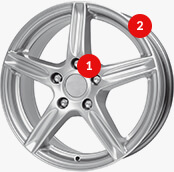

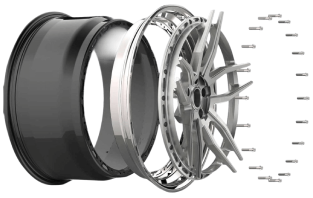
 Modern design
Modern design Perfect fit
Perfect fit High durability
High durability Free shipping within 24 hours
Free shipping within 24 hours
 Individual project
Individual project Dedicated caregiver
Dedicated caregiver